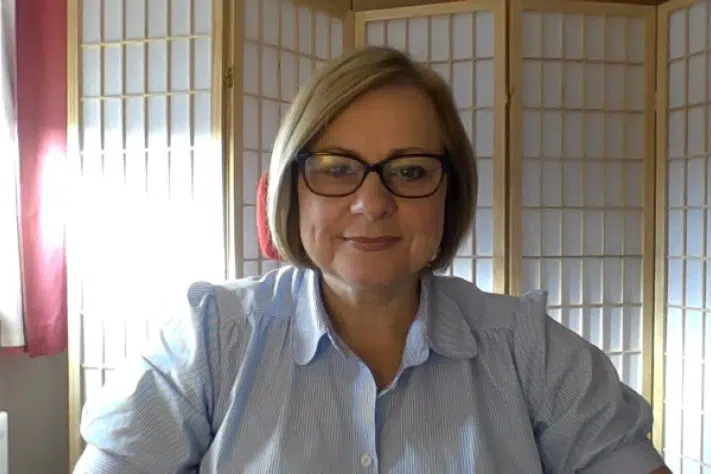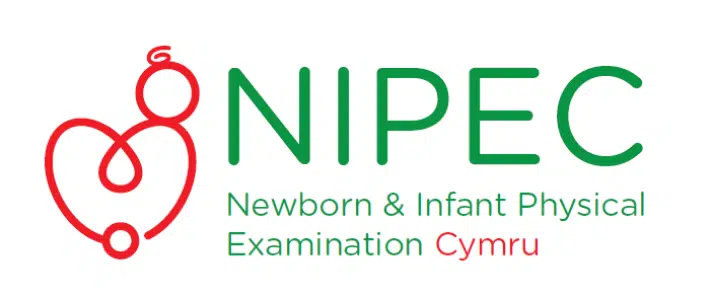21 March 2022 is a historic moment for children and their rights in Wales. From this day on, physically punishing children will be illegal in Wales.
Michelle Moseley, Education and lifelong learning adviser, RCN Wales, provides an overview of the latest change in children law in Wales.

Michelle Moseley, Education and lifelong learning adviser, RCN Wales
The law change to end physical punishment of children is something that I have been passionate about raising for years. The new law is named the ‘Children (Abolition of Defence of Reasonable Punishment) (Wales) Act 2020. With a background in children’s nursing, health visiting and as a previous lead nurse in safeguarding, the rights of children and young people have always been at the heart of my practice. I continue to champion children’s rights both professionally and personally. I became involved in the change of law process in 2019, as an RCN Wales Nurse of Year alumni. My Nurse of the Year award was in ‘Safeguarding’, and I was approached to attend the National Assembly of Wales Children and Young People’s committee to provide evidence on behalf of RCN Wales members. I have therefore followed and been involved in this change of law journey since then, being part of the strategic implementation group as well as the training, operations, guidance, and diversion task and finish group. There has been a multi-professional approach to the development of clear processes in relation to this change in law involving all essential agencies. This has promoted partnership working and has been structured in a way that the voice of each partner agency has been ‘recognised and heard.’ I have been able to employ the principle of health visiting to “Influence policies affecting health” in its fullest form, by influencing policy and legislation that directly affects the health and wellbeing of babies, children and young people.
Children come into this world as blank canvases so to speak, and their early experiences shape their future behaviour and interaction with the world around them. Professionals are now aware of the impact of adverse childhood experiences on babies, children and young people, as well the importance of taking trauma-informed approaches to practice. This is particularly relevant to those healthcare practitioners working with parents and families in the early years – for example, midwives, health visitors, school nurses, children and young people nurses. Although the law change is of course applicable to all, as we know, safeguarding is ‘everybody’s responsibility’. Physical punishment is already illegal in many areas, for example: schools, children’s homes, local authority foster care homes and childcare settings. Any form of physical punishment can cause trauma – a ‘tap’, ‘a smack’, ‘a hit’, a punch’ or ‘a shake’. The physical punishment of children is often seen as a loss of control of the adult who is caring for them. Is it reasonable to hit someone? Should children have different rights to the adults around them? So, by removing the defence of reasonable punishment as justification, this ensures that the children and young people of Wales are protected in the same way as the adult population.
The disciplining of children is about setting the right example, understanding how and why certain behaviours occur, and showing children how to cope with their emotions and manage difficult situations. Parenting is complex. There will be times when parents need to walk away from situations and take a very deep breath (whilst maintaining the safety of the child of course). Parenting will successfully continue without physical chastisement and support is available for parents and carers, especially from the health visiting service as they are essential in delivering intervention in the early years. Children deserve the best possible start in life and the Welsh Government recognises the importance of the rights of the child and their ongoing protection from any type of abuse.
Therefore, from 21 March 2022, physically punishing children will be illegal in Wales. This is underpinned by the UN Convention on the rights of the child which states that children have the right to be protected from all types of violence (Article 19) as well as have equal protection within the law. The new legislation will make the interpretation of it clearer, not only for professionals but for parents, carers, and the public. There will be a clear boundary defining what ‘reasonable punishment’ is, as this is often a grey area. The law will apply to any adult who is responsible for a child, as well as visitors to Wales, and the removal of the defence of reasonable punishment will be applicable to criminal and civil law.
Further information about the change in law can be found on the Welsh Government website.
There is information for parents and a factsheet for healthcare professionals.
Michelle Moseley Education and lifelong learning adviser, RCN Wales
References:
Children (Abolition of Defence of Reasonable Punishment (Wales) Act (2020) Children (Abolition of Defence of Reasonable Punishment) (Wales) Act 2020 (legislation.gov.uk) [Accessed 18.03.22]
UNICEF (1989) UN Convention on the rights of the child Layout 1 (unicef.org.uk) [accessed 18.03.22]





